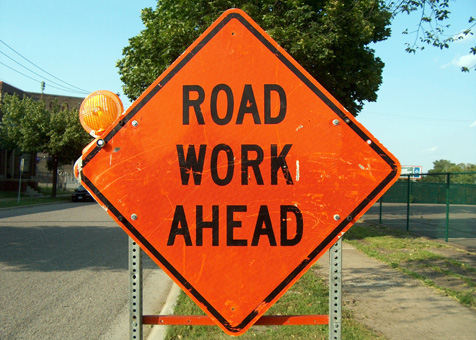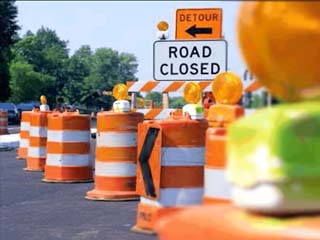Kathy Hughes, Blueprint America

This just in from across the pond: “America, despite its wealth and strength, often seems to be falling apart.” Not news really. But somehow it’s seems more pathetic when written by people who take high speed rail service for granted.
In a recent article entitled “Life in the slow lane,” The Economist details just how far behind the United States is when it comes to infrastructure investment, describing in great detail our debilitating traffic congestion, dysfunctional rail service, and antiquated air traffic control system. Turns out that a recent World Economic Forum study found the United States now ranks 23rd in the world for overall infrastructure quality.
Making matters worse, there’s also a messy bureaucracy to contend with:
The formulas used to allocate the money shape infrastructure planning in a remarkably block-headed manner. Cost-benefit studies are almost entirely lacking. Federal guidelines for new construction tend to reflect politics rather than anything else. States tend to use federal money as a substitute for local spending, rather than to supplement or leverage it.
In a recent Blueprint America interview with Alison Stewart, former Pennsylvania Governor Ed Rendell grapples with many of the issues detailed in The Economist. Rendell, along with former Governor Arnold Schwarzenegger and New York City Mayor Michael Bloomberg, formed a non partisan group called Building America’s Future, which advocates more and smarter infrastructure investment. Rendell tells Stewart: “I don’t believe this [infrastructure] is a Republican issue or a Democratic issue, it’s an American issue.”
But in Washington these days, it seems no issue is non-partisan. As our friends from The Economist coolly conclude:
Roads, bridges and railways used to be neutral ground on which the parties could come together to support the country’s growth. But as politics has become more bitter, public works have been neglected. If the gridlock choking Washington finds its way to America’s statehouses too, then the American economy risks grinding to a standstill.



